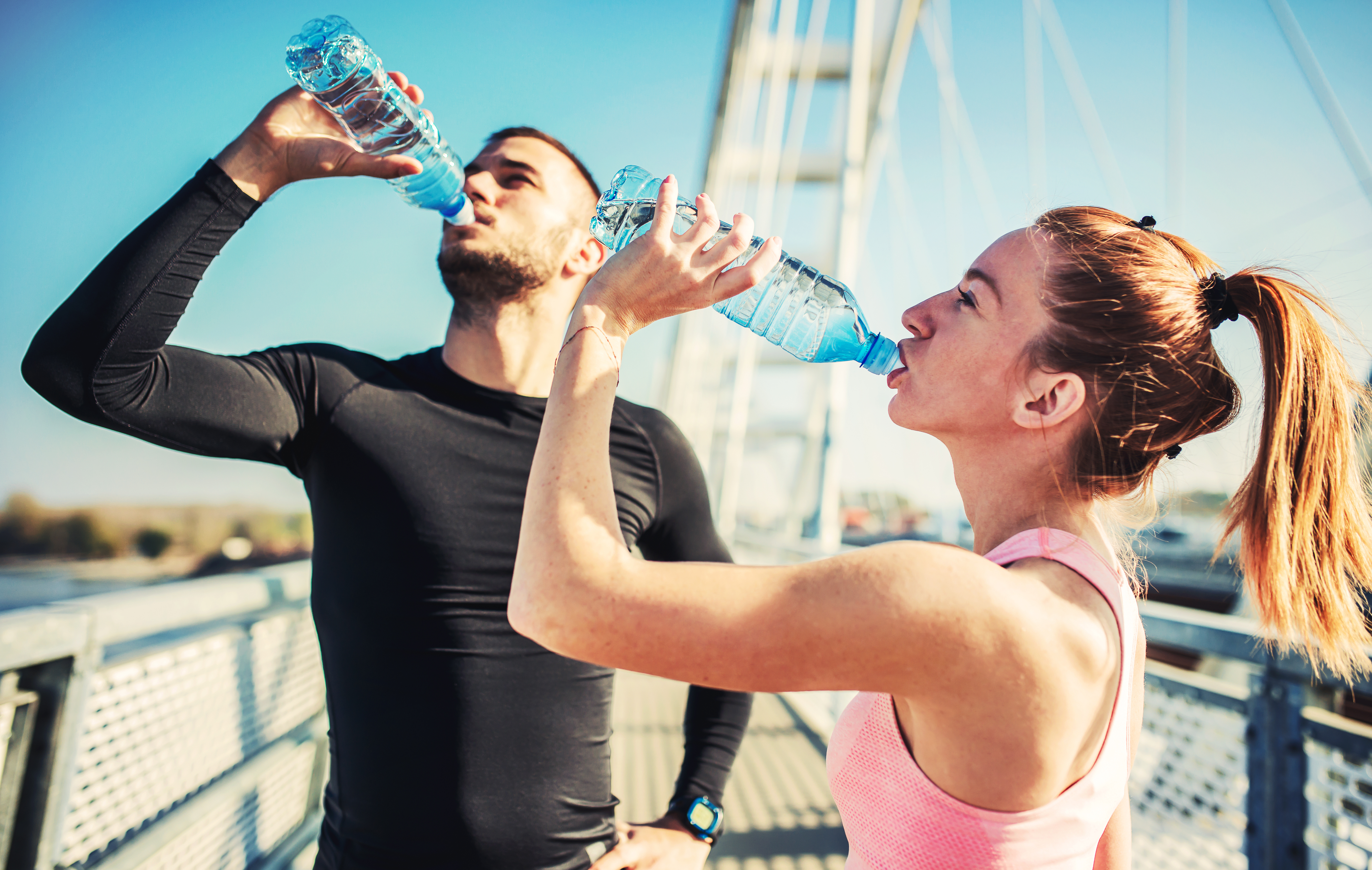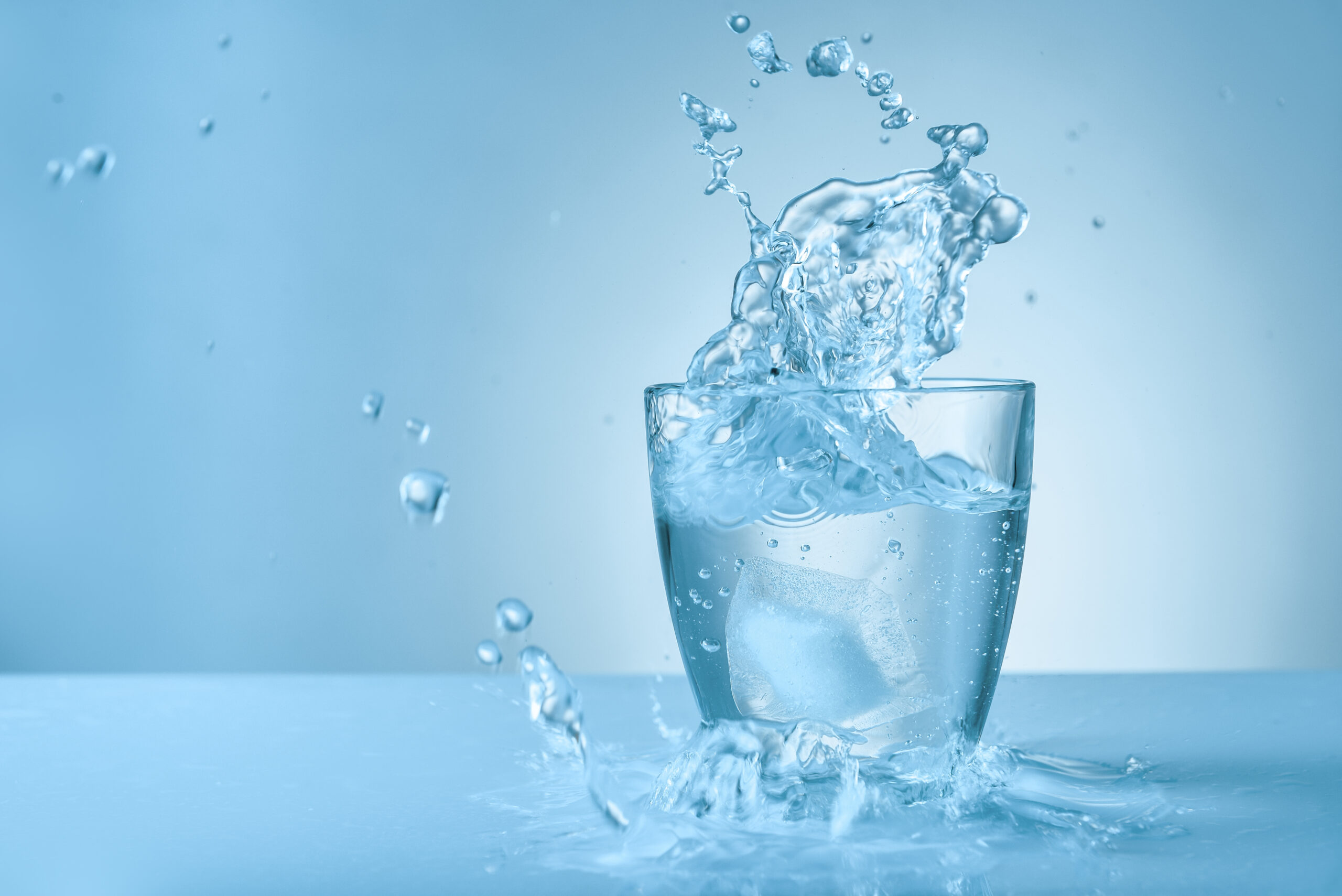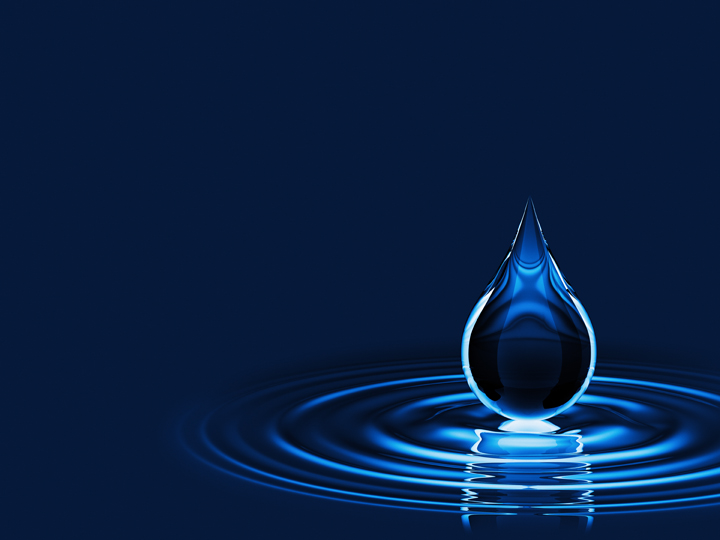

As the water in the body depletes our lymphatic flow decreases and the lymph becomes stagnant, congested and dirty due to a build-up of toxins that cannot be eliminated at the necessary rate.


How to buy a Body Ballancer®
Find Out moreSimple ways to improve lymphatic health: stay hydrated!
The cynics amongst us may like to think that it is the bottled water companies of the world that are keen on making sure that our intake of water stays high, but before you skip this blog post, consider the following:
- The human body is composed of about 55% to 75% water, distributed throughout the tissues of the body. By way of contrast, blood makes up only 7% body volume, and is itself made up of 55% water.
- According to The Journal of Biological Chemistry, the brain and heart are composed of 73% water, and the lungs are about 83% water. The skin contains 64% water, muscles and kidneys are 79%, and even the bones are a relatively watery 31%.
- Lymphatic fluid – “Lymph” is made up of 96% water, with the remaining 4% being comprised of the proteins, cell debris, toxins and bacteria that need to be eliminated by the body.
Throughout the day, water is being expelled by the skin (perspiration), lungs (breathing) kidneys (urination), and bowel (defecation) and this loss needs to be compensated to avoid dehydration.
Dehydration and its effects
In medical terms, dehydration occurs when too much water has been lost to allow the body to function normally, producing symptoms ranging from the mild/moderate – which can be reversed by oral intake of fluids – to severe dehydration which, if not identified and addressed, can lead to death.
We are all familiar with the symptoms of mild to moderate dehydration, typically:
- Increased thirst
- Dry mouth
- Fatigue
- Headache
- Dizziness
- Decreased urine output, with urine a darker yellow than normal
- Dry skin
However, the effects of severe dehydration are much more serious and include:
- Severely decreased urination or no urination at all. Any urine that is produced is deep yellow or yellowish-brown and has a strong odour
- Low blood pressure caused by a drop in blood volume as its watery component – plasma – decreases
- Dehydration puts the heart under strain on the heart due to the reduced amount of blood circulating through the body, To compensate, the heart beats faster, increasing the heart rate, sometimes causing palpitations
- Dizziness or light-headedness that prevents standing or walking normally
- Seizures, shock and even strokes can occur due to increased blood viscosity
Dehydration and the lymphatic system
As lymph is made up of 96% water, even mild to moderate dehydration can have a significant effect of this most watery of the body systems.
As the water in the body depletes our lymphatic flow decreases and the lymph becomes stagnant, congested and dirty due to a build-up of toxins that cannot be eliminated at the necessary rate. This will not only lead to a worsening of some of the symptoms of dehydration mentioned above – such as fatigue, dizziness and headache – but also inflammation and infection as the body’s immune system becomes compromised as its main ‘transport network’ slows down.
Tips to stay hydrated
We are already dehydrated when we feel thirsty so try not to wait until then to reach for the water bottle…
- Try to become attuned to your body’s water requirement. It is true that some people have the ability to maintain a better water balance than others, but they still need to keep the tanks topped up, even if it is not to the 8 glass/two litres a day mark.
- There is some debate as to whether drinks such as tea, coffee, juices and soft drinks can be counted as part of the recommended daily water intake. Whatever your viewpoint, it stands to reason that pure water will always win hands down as it places no burden on the detoxing organs of the liver and kidneys. Conversely, the addition of compounds such as sugar, artificial sweeteners, caffeine, tannins and the like will place
- Alcohol interferes with the communication between the brain and kidneys which can lead to the excess excretion of fluids leading to dehydration, so this should definitely not be included as part of your fluid intake!
- “Eat your water”: Eat more fruits and vegetables. Their high water content will add to your hydration, and your gut will love all the lovely fibre! Ideally, about 20% of our fluid intake should come from food.
- A particularly good habit to get into is to drink a couple of glasses of water a day on waking, as a lot of detoxing action has been taking place overnight whilst you have been sleeping. Add a squeeze of lemon juice to give your system an alkaline boost.
Bottoms up
